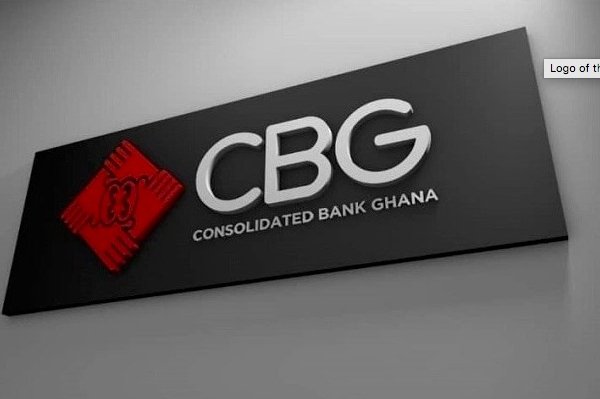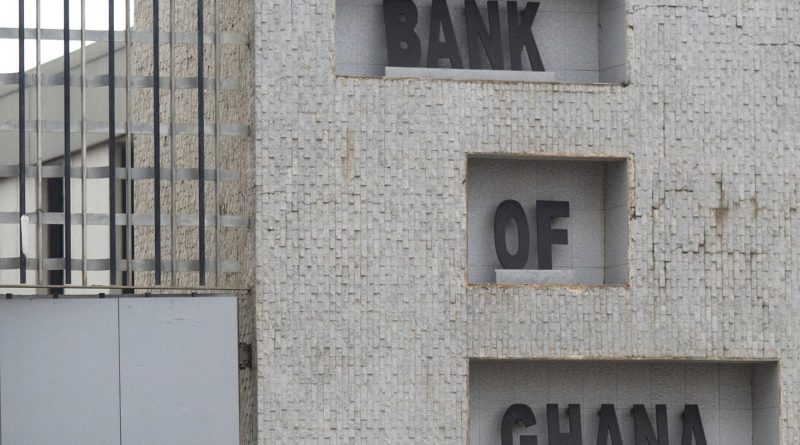Ghana says it will prosecute executives of five local banks that collapsed early this month. The executives are accused of engaging in activities that put the funds of depositors at risk.
Ghana’s central bank on August 1 decided to form a new indigenous bank called the Consolidated Bank Ghana.
The new bank was formed following a merger of the five local banks considered insolvent by the central bank.
The Bank of Ghana says it took the decision after clear signals that the banks were struggling to meet its minimum capital requirement policy.
Ghana’s Central Bank has set minimum capital requirement for banks at $83 million (GH¢400 million).
The banks affected were Royal Bank, Beige Bank, Sovereign Bank, The construction Bank and Unibank. The new merged bank is receiving financial support from the government to remain viable.

What happens to executives of collapsed banks?
The controversial issue has been what happens to the executives of the collapsed local banks.
A deputy central bank governor Elsie Awadzi told Reuters that the central bank is considering sanctioning the said executives.
They could be prevented from operating in the Ghanaian financial sector henceforth.
He is quoted by Reuters as saying that “We are working very hard on submitting a dossier on each of these banks to the law enforcement agencies.”
Awadzi also said there are plans “to further investigate criminal behaviour or what could potentially be criminal behaviour and to prosecute,” them.
Many local banks are reported to be struggling to remain viable, endangering the deposits of customers.
The central bank said in its statement that “Ghana needs a strong and stable banking sector to drive the process of economic transformation.
A weak banking sector means that access to credit will be limited while lending rates will continue to be high.”
Source: Africafeeds.com


